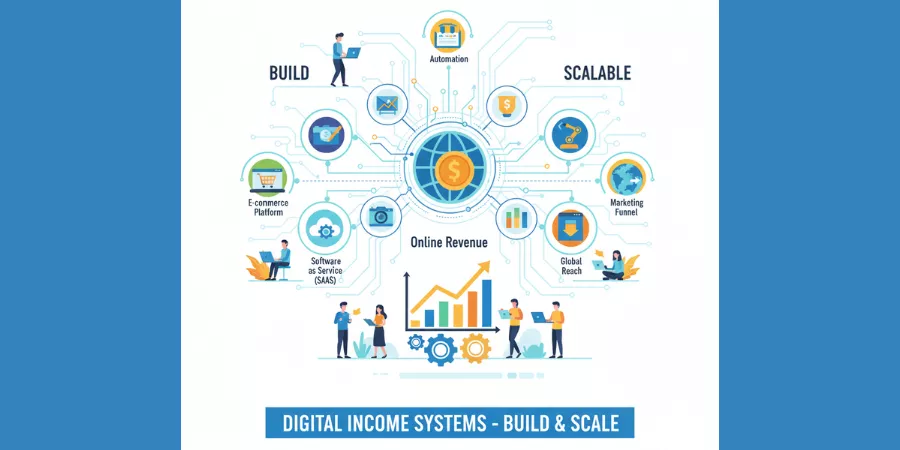Key Takeaways
- Automate bookkeeping to save time and improve accuracy, reduce human error, and dedicate more hours to your core business functions.
- Maintain separate bank accounts for business and personal finances to ensure clear, auditable records and safeguard personal assets.
- Keep meticulous records of all business expenses, from supplies and mileage to meals and advertising, so that you can claim every eligible deduction.
- Stay informed about available tax deductions and credits to minimize your tax bill and reinvest more resources in your business growth.
- Consider consulting a tax professional for personalized advice tailored to your unique business situation, especially as tax laws shift.
Table of Contents:
- Introduction
- Automate Your Bookkeeping
- Maintain Separate Bank Accounts
- Keep Detailed Records of Expenses
- Stay Informed About Tax Deductions and Credits
- Consult a Tax Professional
- Utilize Tax Compliance Software
- Plan for Estimated Tax Payments
- Stay Updated on Tax Law Changes
Navigating tax season can feel overwhelming for many small business owners. The ever-changing tax code, meticulous record-keeping, and strict deadlines make efficient tax management both challenging and necessary. As a small business owner, staying compliant with tax rules often rests squarely on your shoulders, leaving little room for error. The sheer variety of deductions, credits, and required filings can turn even the most organized business owner’s tax season into a stress test. By leveraging modern technology and implementing strategic financial habits, you can significantly lighten your tax workload. Digital record-keeping and automated systems transform how small businesses handle taxes, making once-tedious processes manageable. For complex cases or personalized solutions, seeking professional tax services can provide peace of mind and ensure you never miss a critical tax benefit. Expert guidance ensures every opportunity for lawful savings is fully explored and your risk of costly mistakes is minimized.
Below are actionable steps to simplify your tax filing process, stay compliant, and focus more on growing your business rather than paperwork. These practical tips will help you take charge of your finances, whether you’re managing your books solo or with a team, and position you for ongoing success.
Automate Your Bookkeeping
Automating your bookkeeping process is one of the most potent ways to reduce the day-to-day stress of tax preparation. Cloud-based tools like QuickBooks or Xero allow you to automatically track cash flow, record expenses, and generate detailed reports with a few clicks. These seamless integrations can connect directly to your business bank accounts for real-time transaction updates, eliminating redundant manual entry. Automation boosts accuracy and helps you stay organized year-round, minimizing the panic that often arrives during tax season. When everything is entered and sorted as it happens, you’re not left scrambling for missing receipts or forgotten invoices in April. Additionally, these platforms can generate customized reports, providing better insights into your business finances and simplifying filing taxes. They also often have built-in reminders for tax deadlines and updates to regulatory changes, saving both time and potential penalties.
Maintain Separate Bank Accounts
Keeping your personal and business finances separate is fundamental for clean accounting and protects your business and individual interests. By managing business transactions with dedicated bank accounts and credit cards, you avoid commingling funds and simplify your financial reporting. This separation is significant during audits and makes identifying business expenses or income much easier for tax filing and compliance purposes. Additionally, it adds a layer of protection to your assets if your business faces legal issues. Many business owners discover that a clear division of finances also helps you understand the proper financial health of your business, allowing you to make more informed budgeting and investment decisions. It can also be critical for partnerships, corporations, or LLCs where multiple parties are involved and formal accounting is required by law or contract. If your business is ever subjected to an audit, clean bank statements provide clear evidence to support your claims and reduce your risk of costly disputes with the IRS.
Keep Detailed Records of Expenses
Accurate and thorough documentation of your business expenses is essential for maximizing your deductions and streamlining your tax return preparation. Use apps or platforms to automatically digitize, categorize, and store your receipts, invoices, and financial documents. Attaching images or digital copies to each expense entry creates an easily searchable database that makes end-of-year reconciliation far less daunting. Update records regularly so you can easily pull up any expense to support your tax claims, especially should an audit arise. Consistently organized records help with tax filing and improve your budgeting, forecasting, and financial decision-making throughout the year. Keeping comprehensive documentation also allows you to defend your deductions if the IRS asks for proof, and can prevent expensive mistakes from overlooked or misplaced receipts.













